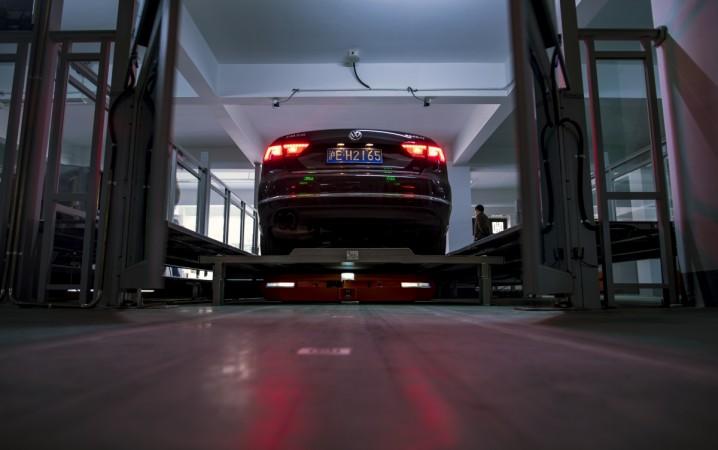
How much would you pay for parking? A few hundred or even a thousand may seem acceptable, but if you live in Hong Kong, be prepared to shell out a few million. A parking spot in Kowloon's Ho Man Tin district changed hands recently for a little over $1 million ( HK$6 million).
As one of the densest cities in the world, Hong Kong is facing a severe real estate shortage. With mountains on two sides, and the sea on the third, real estate in the city is one of the highest in the world. However, it looks like a parking crunch has also taken over the town.
Parking spots in Hong Kong average around HK$2.25 million, having increased more than six-fold since 2006. It makes the housing market's rise in prices look tame in comparison. Over the same 12 year period, housing prices shot up by 3.4 times.
As per a report by Midland Realty Services Ltd., parking spaces worth about HK$10.3 billion has changed hands, up from HK$6.58 billion in the 12 year period.

A report by the city's Transport Department showed that between 2006 and 2016, the parking spaces in Hong Kong grew by just 9.5 percent while the private car population increased by 49 percent.
Hong Kong can partly blame its developers for this ridiculous pricing surge. With a crunch on housing, developers have been focussing on building more apartments, where they make more money than parking spaces. This has lead to a sharp decline in the ratio of parking spaces to houses.
People living in the city are no strangers to extreme pricing for real estate, so while this might seem absurd to others, it is quite normal in the self-governed territory.
The city has held the dubious distinction as the world's least affordable housing market for eight straight years, causing residents to turn to some unusual investments such as golf carts that sell for as much as US$255,000.
So while the residents of Hong Kong are turning to parking spaces as an investment source, the government is faced with a dilemma of how to treat the issue. Parking spots are subjected to 3 percent stamp duty, whereas home purchases can attract as much as 30 percent.

















